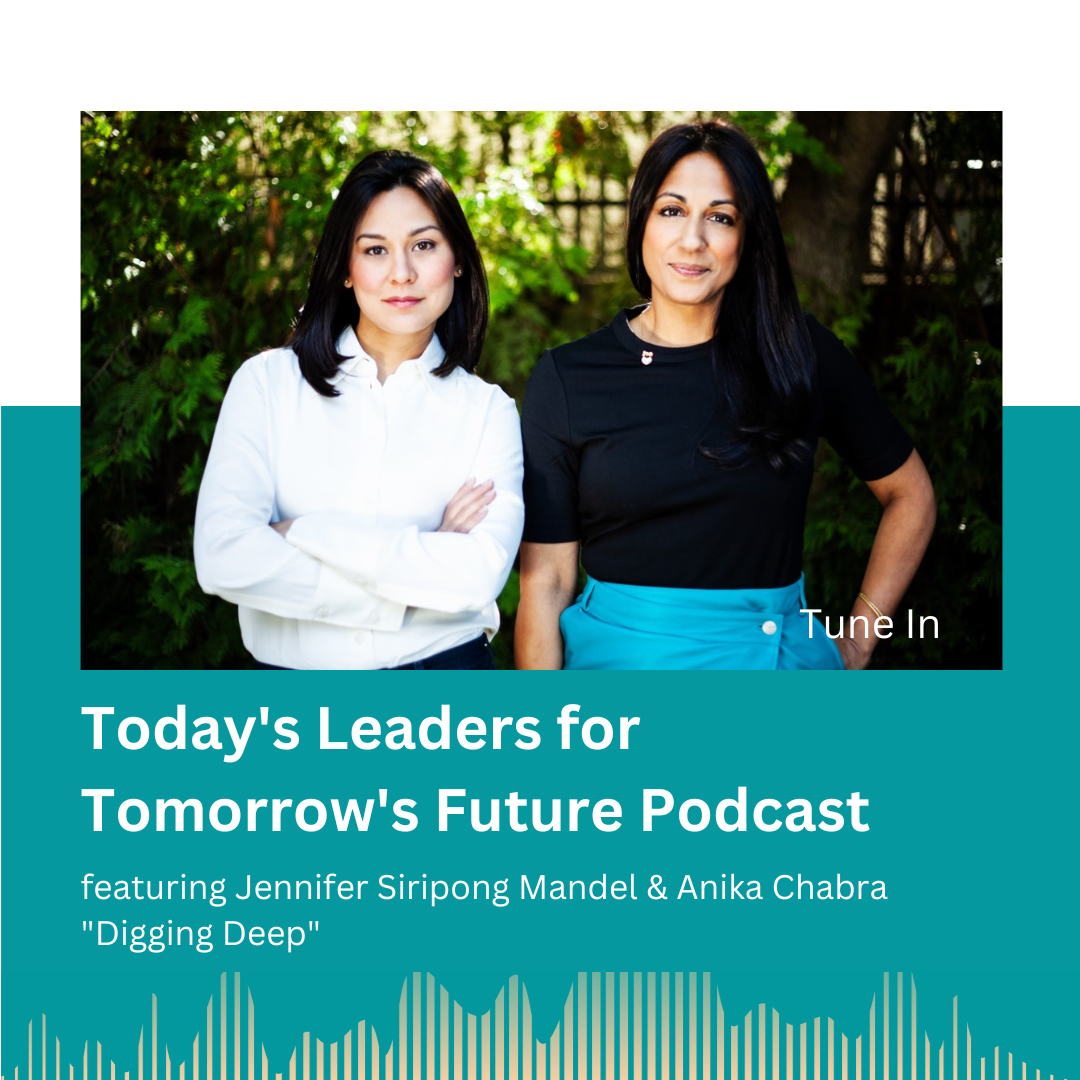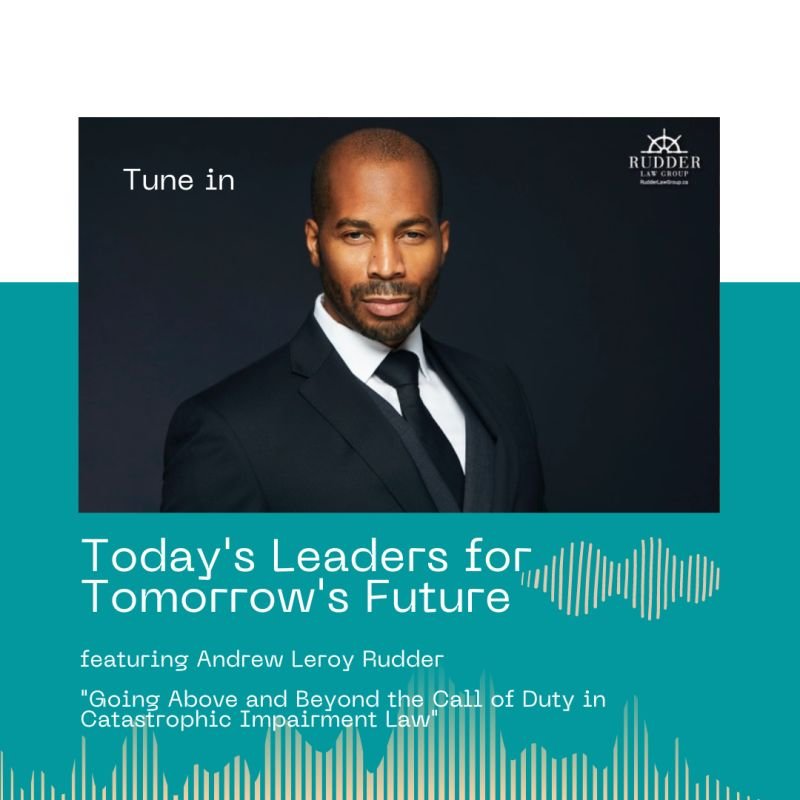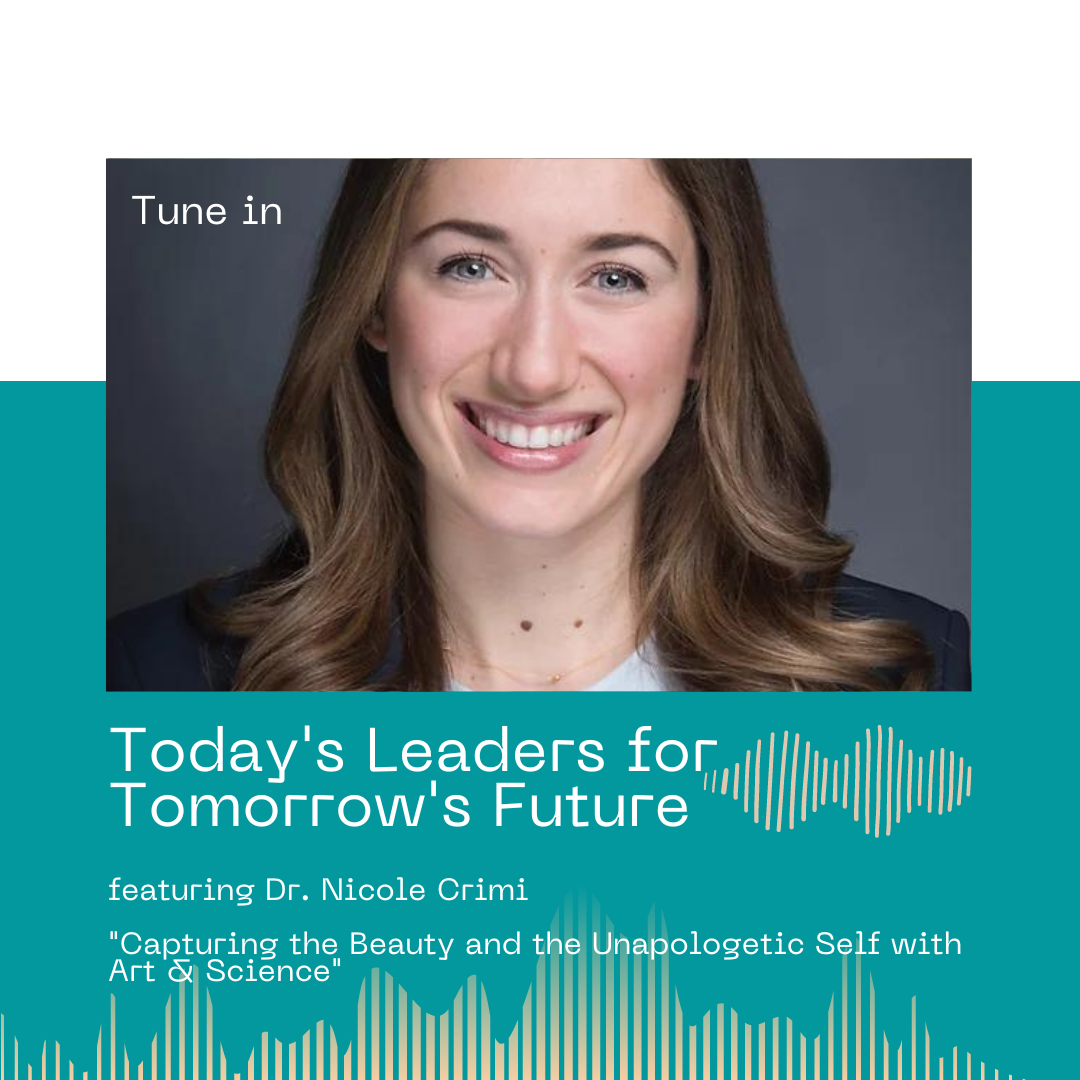Today’s Leaders for Tomorrow’s Future Podcast
tap into your leadership potential today
Great People.
Real change.
Lasting Impact.
A podcast that redefines the narrative about what it means to be a leader in society.
“
See yourself as the leader you want and choose to be knowing that parts of you already are one.
- Amanda Calzolaio
Origin Story
This podcast started with passion, before we even stepped into or grew a business.
Why?
Because we believed that any action taken is one of leadership - it is the one that we use to lead ourselves.
These actions inform how we can also lead others and evolve as human beings. We noticed that people did not see that in themselves. And we wanted to change this perception, trusting that every human is already capable, and likely can see themselves having taken a leadership role in some way when they really think about it.
Today’s Leaders for Tomorrow’s Future Podcast is intended to inspire people to tap into their leadership potential today. It is a way for people to sense and see the leader in themselves, and to redefine the narrative about what it means to be a leader in society.
It is a testament to all the sponsors, mentors and friends who have been an inspiration to us to continue take another step forward.
We showcase leaders - like you - who are and who are becoming aligned and connected on their teams and within themselves at work, at home and in their communities.




























